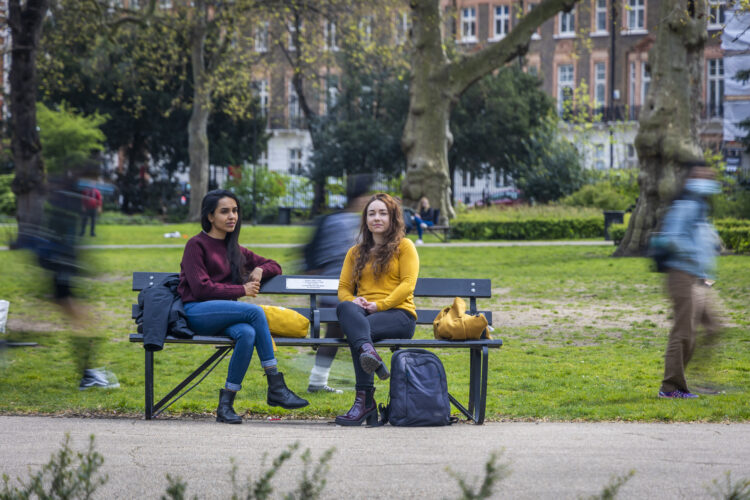This website uses cookies so that we can provide you with the best user experience possible. Cookie information is stored in your browser and performs functions such as recognising you when you return to our website and helping our team to understand which sections of the website you find most interesting and useful.
Rights
We are committed to a world where everyone has a right to enjoy good mental health. But with stigma and discrimination still rife, and antiquated or poor mental health legislation and policies still present in many countries, most people do not have this right upheld.

Our vision is for a world where every country:
- Has mental health legislation in line with international and regional human rights instruments
- Has enacted mental health policy in line with international and regional human rights instruments
- Ensures that policy and legislation are developed using robust, accurate and comprehensive data, and that governments are held accountable for upholding rights and meeting commitments and mental health targets.
To realise this, we need:
- National and international advocacy that ensures countries develop or update their law for mental health in line with international and regional human rights instruments
- People with lived experience to be involved in the development of global and national mental health legislation and policy
- Global and political declarations referencing mental health to commit to updated policies and legislation in line with human rights instruments
- Independent, global monitoring and accountability mechanisms – that provide decision-makers with useful information and to hold governments to account.
Our Focus
In 2021–2023 we’ll focus on holding decision-makers to account for the goals and targets they set on mental health. We will continue to develop the Countdown Global Mental Health 2030 (Countdown 2030) (an independent accountability mechanism) to drive progress and continue to support our partners as they work to improve the rights of people living with, or at risk of, mental ill health. This includes efforts to reform policies, share useful information and hold governments to account.
Suicide Decriminalisation
Suicide remains a criminal offence in at least 20 countries around the world, with some laws dating back up to 160 years ago. Criminalising suicide doesn’t prevent people from acting on suicidal thoughts: it simply stops them from reaching out and seeking help in times of acute crisis.
In 2021 we worked with the Thomson Reuters Foundation’s TrustLaw programme, along with an international law firm, to conduct research into:
- The legal structures in countries where suicide is a criminal offence;
- The repercussions for those who attempt suicide in these countries (and for their friends and families);
- The opportunities for advocacy and reform around the world.
On the back of this research, we published the report Decriminalising Suicide: Saving lives, reducing stigma as an informational tool for those campaigning for the decriminalisation of suicide.
